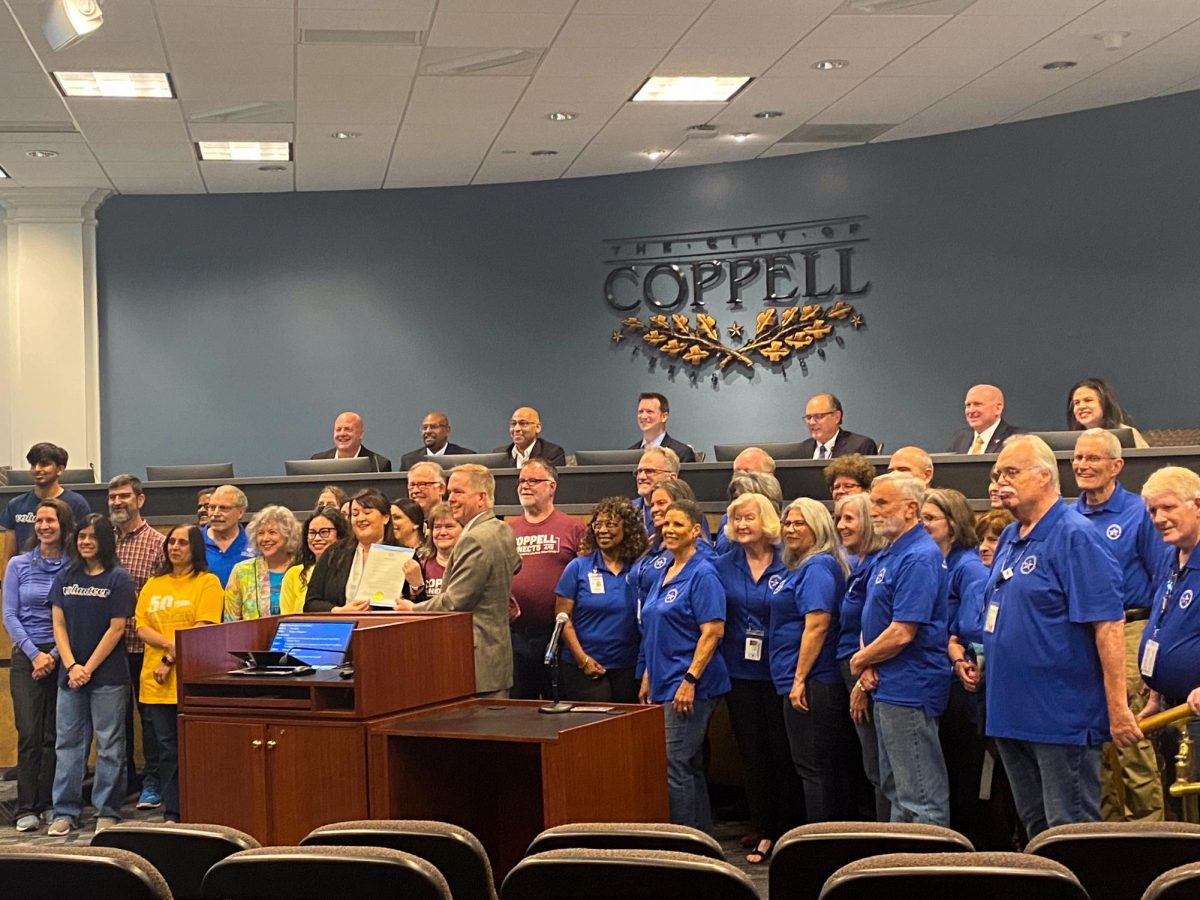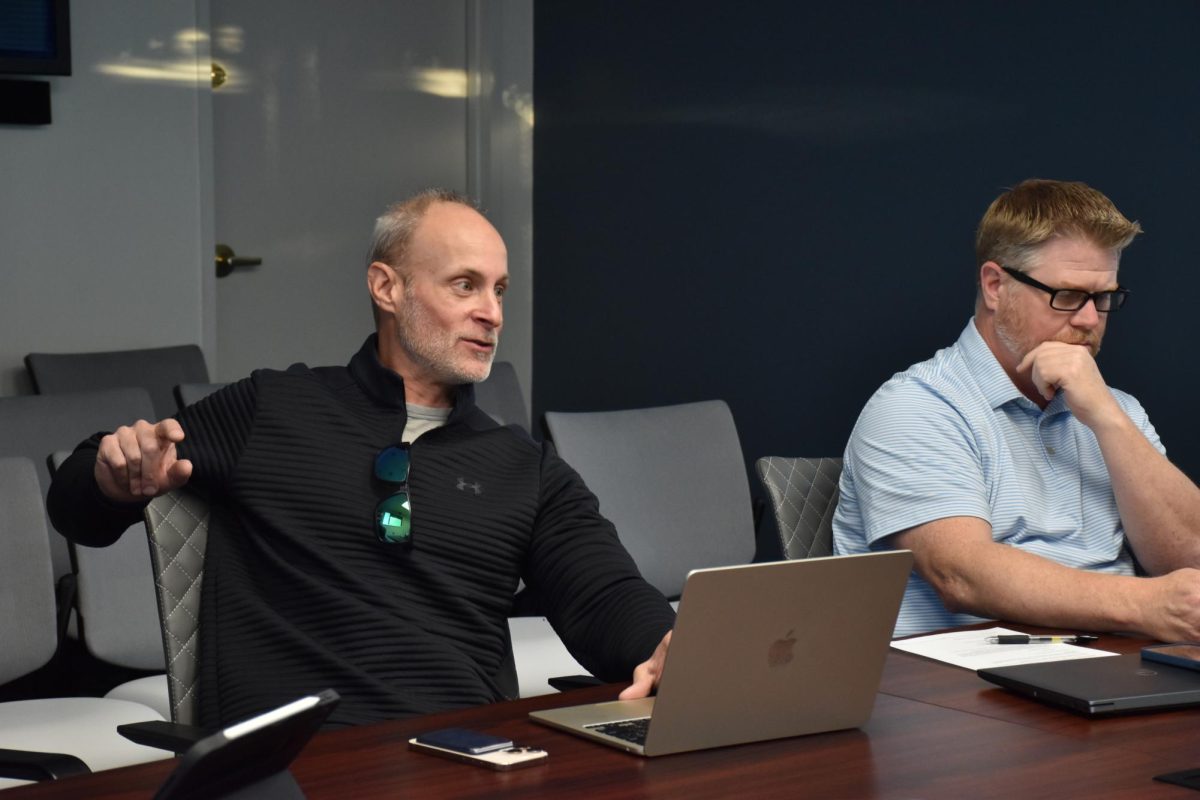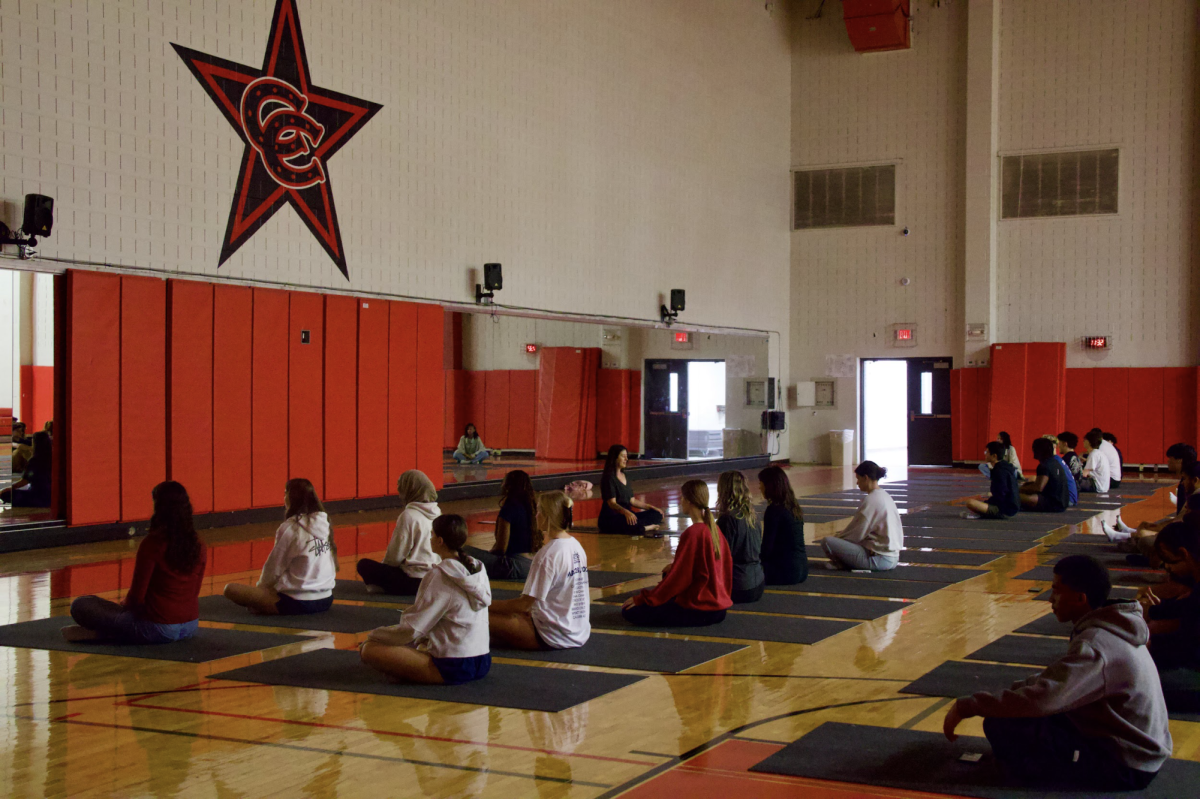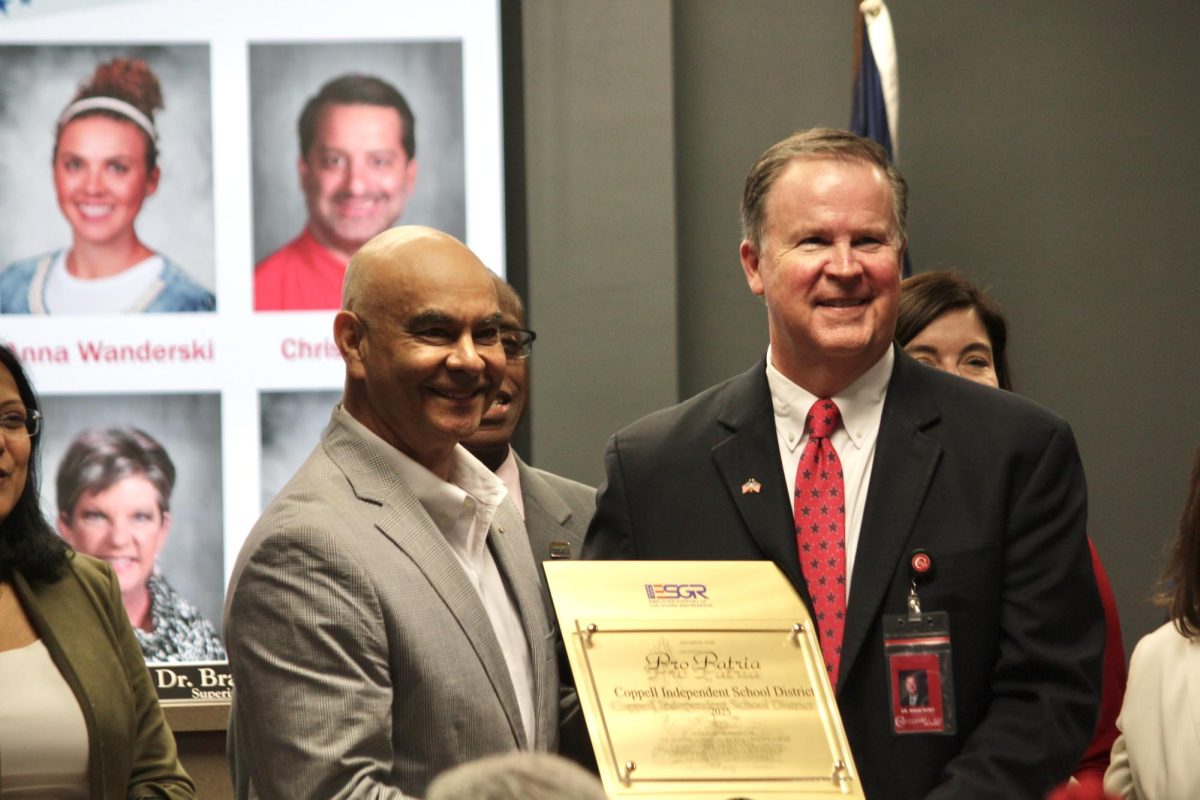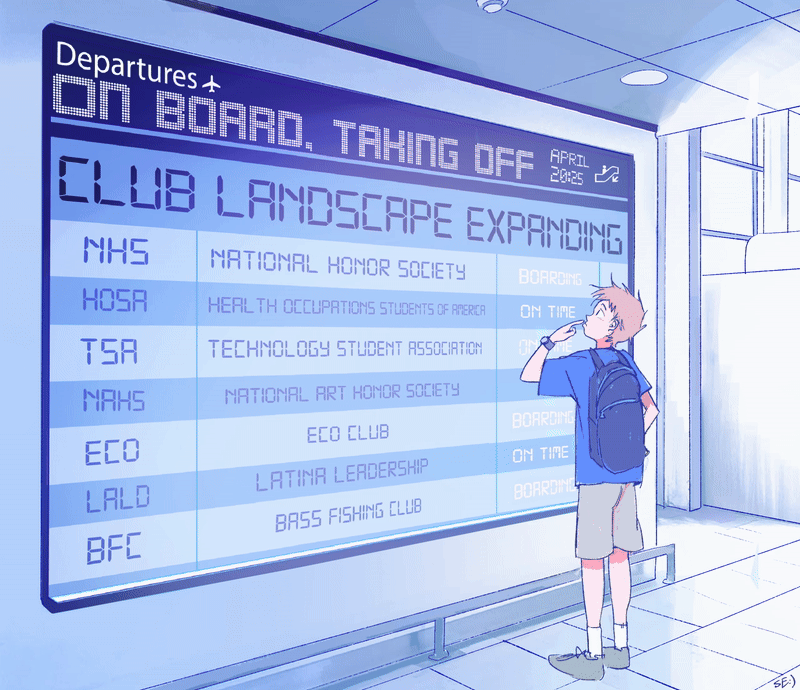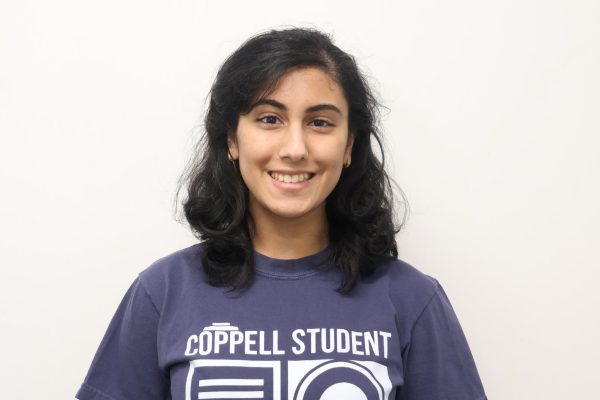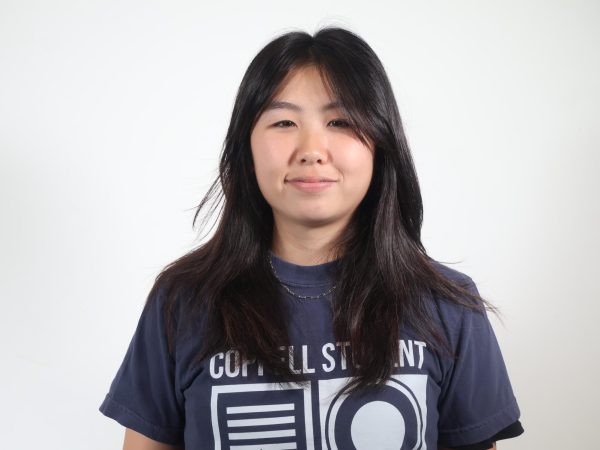Three new Democratic candidates – Scarlett Cornwallis, Cassandra Hernandez and Kate Rumsey – are on the ballot for the Texas House District 115 seat, along with the matter of the future of public education.
The three candidates participated in an open forum over public education on Tuesday, hosted by Raise Your Hand Texas at Coppell Arts Center. The forum was intended to inform the public about the candidates’ viewpoints on public education and the community, and provide meaningful discussions about the topics.
“At forums like this, the community is able to listen to the perspective each of the candidates bring, and what they’re going to bring to the table to support us holistically,” Carrollton-Farmers Branch ISD board president Cassandra Hatfield said.
Republican candidate John Jun did not respond to the invitation to attend the event.
The candidates had similar views on the issue of public education. All candidates believe that public education is invaluable to the community, that funding for public schools should be increased, and that private school vouchers should not be allowed. The candidates also all think the involvement of local school administrators is invaluable to the creation of proper legislation about public education.
The candidates agree STAAR testing is not an adequate measure of school and teacher performance, and that more should be done to support public school teachers. All three candidates agree full-day pre-kindergarten services should be provided in public schools.

Cornwallis said more can be done financially to improve the quality of education, such as providing school supplies. She said that a supportive and respectful working environment is necessary for teacher retention, along with adequate pay. Cornwallis also proposed a feedback system to guide teachers and improve quality of education. She also said that underperforming schools should be provided more funding to help them improve their quality.
Cornwallis compared public education to the foundation of a building.
“The K-12 education in the U.S. gives you that foundation so you can build the first floor, the second floor, the fourth floor, and more,” Cornwallis said. “There are limitless opportunities after that. You can build a skyscraper.”

Rumsey said that surplus funding is available and it should be going to schools, and that an increase in teacher pay will improve school quality. She said school performance should also be evaluated based on Career and Technical Education programs, soft skill training and more than STAAR tests, so that a holistic view is seen of the school. Rumsey said cooperation between rural and urban school representatives is valuable for the advancement of legislation helping public schools.
“Schools are the lifeblood of our community and are our investment in our kids’ futures,” Rumsey said. “It’s part of our constitution in the state of Texas to provide free and public schools here that are equal for everybody.”
Hernandez said more money can be taken from the Rainy Day Fund and similar funding programs to help public schools. She also said it is important to protect teachers rights in classrooms, as well as their pay. Hernandez also said the accountability system for public schools should be more structured towards the student body as a whole. She believes student voices are an invaluable part of the process of public education legislation.

“Schools are having to forego certain amenities and prioritize what they want due to a lack of funding,” Hernandez said. Some such sacrifices are cuts to special education programs, bilingual programs, and even air conditioning systems in less-funded districts.
“The reason why in the creation of public schools and charter schools is because we have underfunded public education so much that these entities have popped up and essentially tried to fill the void of what we have not given our public schools the ability to be able to do, even though they want to do that,” Hernandez said. “Baseline education for students all over the state of Texas should be our priority and should be what we’re working towards.”
The candidates all said it is extremely important for high school students to get involved in legislation about their public education, and that the perspective they offer can promote improvement. Students can get involved by attending school board meetings, reaching out to local legislators, and participating in local government internship programs.
Early voting begins Tuesday and concludes March 1. Election Day is March 5.
Follow @CHSCampusNews on X.




